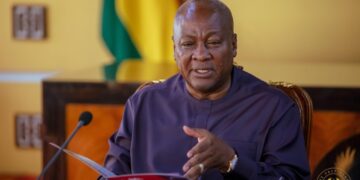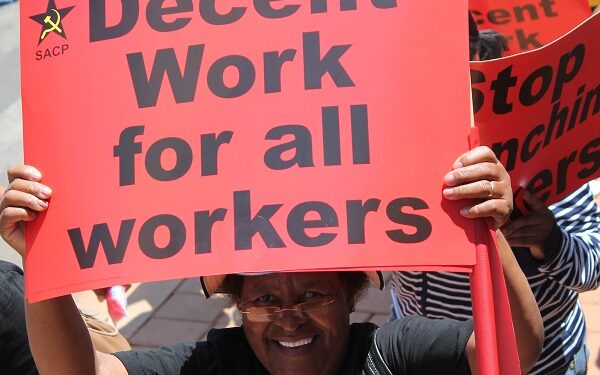A group of 40 dismissed public sector workers has taken legal action against the government, seeking reinstatement after what they describe as an “unlawful” termination of their appointments.
The former employees, who worked at key state institutions including the Ghana Revenue Authority (GRA), Ghana Ports and Harbours Authority (GPHA), Ghana Shippers Authority (GSA), National Lottery Authority (NLA), Driver and Vehicle Licensing Authority (DVLA), and National Health Insurance Authority (NHIA), have filed an application for judicial review at the Accra High Court.
Legal Challenge
In their court application, the plaintiffs argue that they were lawfully recruited between October 2024 and January 2025 under the previous government and that their appointments followed due process. They insist that no constitutional provision prohibits public sector recruitment before the end of an administration’s tenure.
According to them, their dismissals—allegedly carried out under the directive of the President via the Chief of Staff—amount to a breach of their constitutional rights, particularly Articles 23 and 296 of the 1992 Constitution, which govern administrative justice and the exercise of discretionary power.
Read Also: 40 missing ECG containers recovered in Northern Region as investigations widen
“The term of the Akufo-Addo-led government, under which we were employed, was valid under Article 58 of the Constitution. Our appointments were made in accordance with the President’s constitutional authority,” their legal argument states.
They further claim that their termination undermines the neutrality of Ghana’s public service, violating Article 191(a) of the Constitution, which protects public servants from political victimization.
Seeking Reinstatement
The former workers are requesting the court to declare their dismissals unconstitutional, null, and void. They also seek:
An order quashing their dismissals.
A mandatory directive for their reinstatement.
A prohibition preventing the government from terminating their appointments.
The case has sparked debate about political transitions and employment security in Ghana’s public service. The outcome could set a precedent for future government changes and their impact on civil servants.


























